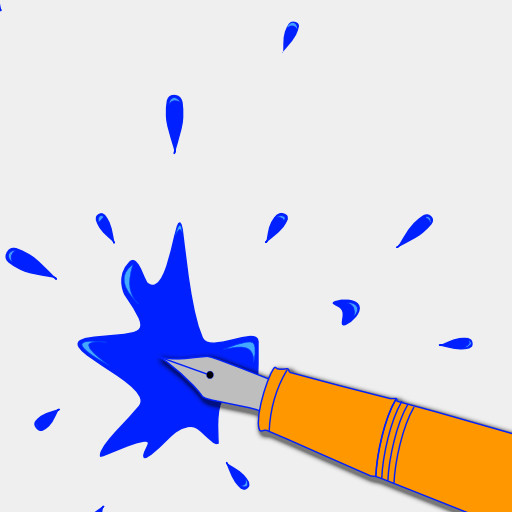I had never heard of a commonplace book until I started to follow the journaling community on Youtube. When I discovered it, I realised that it’s something I’d already been keeping for years.
A commonplace book is essentially a repository of information that you find, and want to keep or remember. Quotes, maxims, proverbs, shower-thoughts, notes on books you’ve read, even recipies, reference tables, letters, poems… it’s like a scrapbook of words. Or a personal encyclopedia. I’ve heard it described as the writer’s equivalent of an artist’s sketchbook, and as I’m both an artist and a writer, I think this analogy is perfect.
It’s not just for writers though. It’s for anyone. Readers, researchers, students, anyone who has an interest in just about any topic. You’re a keen cook? Keep a commonplace book of recipes you find. A gardener? Keep one for information about plants you’re growing or interested in growing. Avid consumer of Netflix? Keep track of series you’re watching and what you learn from them.
Commonplace books have a long history, going back to Roman philosophers such as Marcus Aurelius (Meditations), and they rose in popularity during the Rennaissance. With the advent of the printing press, many were published.
A commonplace book is a type of journal but it’s not a diary (which is the most usual way a journal is structured). It differs from a diary in that its content is not chronological, but rather, categorised by topic. Thus, the most critical part of your commonplace book is the Index. I keep mine in loose-leaf binders which makes searching and categorising even easier.
For those looking for a digital solution, the rise of information management apps such as Notion, Obsidian and Logseq are absolutely perfect for this purpose. Commonplacing is exactly what these apps are created for, even if the creators of them weren’t aware of it.


I have both a digital system, and a physical one.
For the digital one I was using Tiddlywiki, but now I’m experimenting with Obsidian, which is easier for beginners, but I miss some aspects of Tiddlywiki.